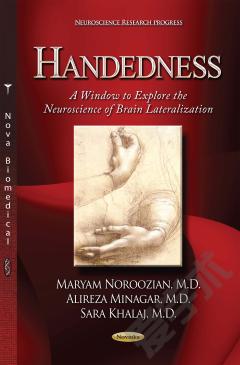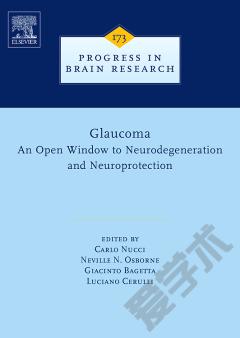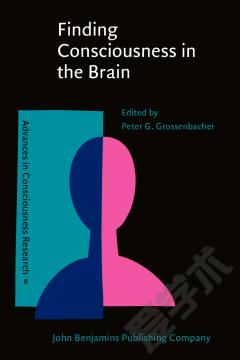Handedness: A Window to Explore the Neuroscience of Brain Lateralization
Neurologists and neuroscientists have been fascinated with the phenomenon of handedness and through the course of human history the question that why a minority of each population is left-handed and the rest right-handed has never been fully answered. An even better question is whether the brains of left-handed individuals are architected and wired different than those of the right-handers and if such fundamental anatomic and functional dissimilarities lead to the preference of left hand over the right hand. The ultimate question is that how different the brains of left-handers are from the right-handers or simply there are not many differences between the two groups. More than its or social aspects, handedness is a sophisticated subject of cognitive and behavioral neurology which leads to the even more complicated of the left hemisphere versus right hemisphere. The issue of handedness is of such importance that one is the first components of any standard neurological examination is determination of the handedness with the idea of determining which hemisphere is dominant. In the present book, Noroozian and her colleagues explore the under-explored and fascinating world of handedness and attempt to utilize the concept of handedness and the mechanisms responsible for becoming right-handed versus left-handed as a bridge to better understand the phenomenon of laterality of human brain. The authors of this easily readable and easy-to-understand monograph review the latest findings concerning handedness and human brain asymmetry. This interesting book can serve as a great resource for clinical psychologists, neurologists, neuroscientists, cognitive neurologists and psychiatrists.
{{comment.content}}








 京公网安备 11010802027623号
京公网安备 11010802027623号